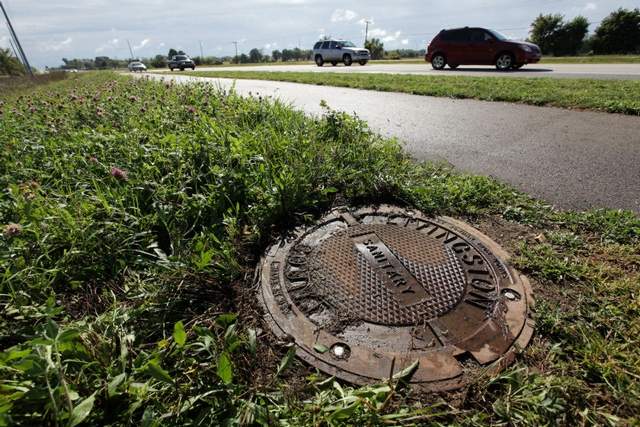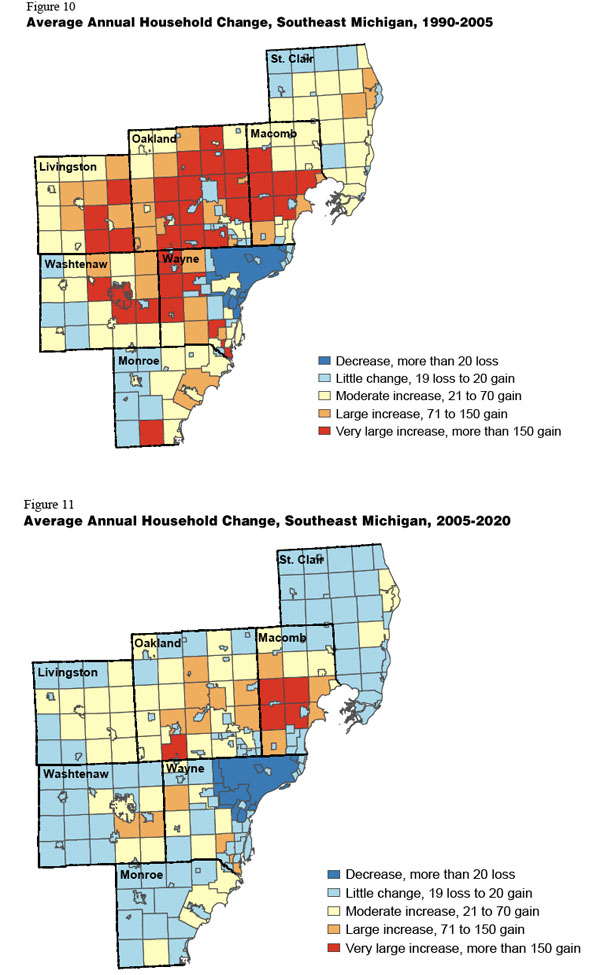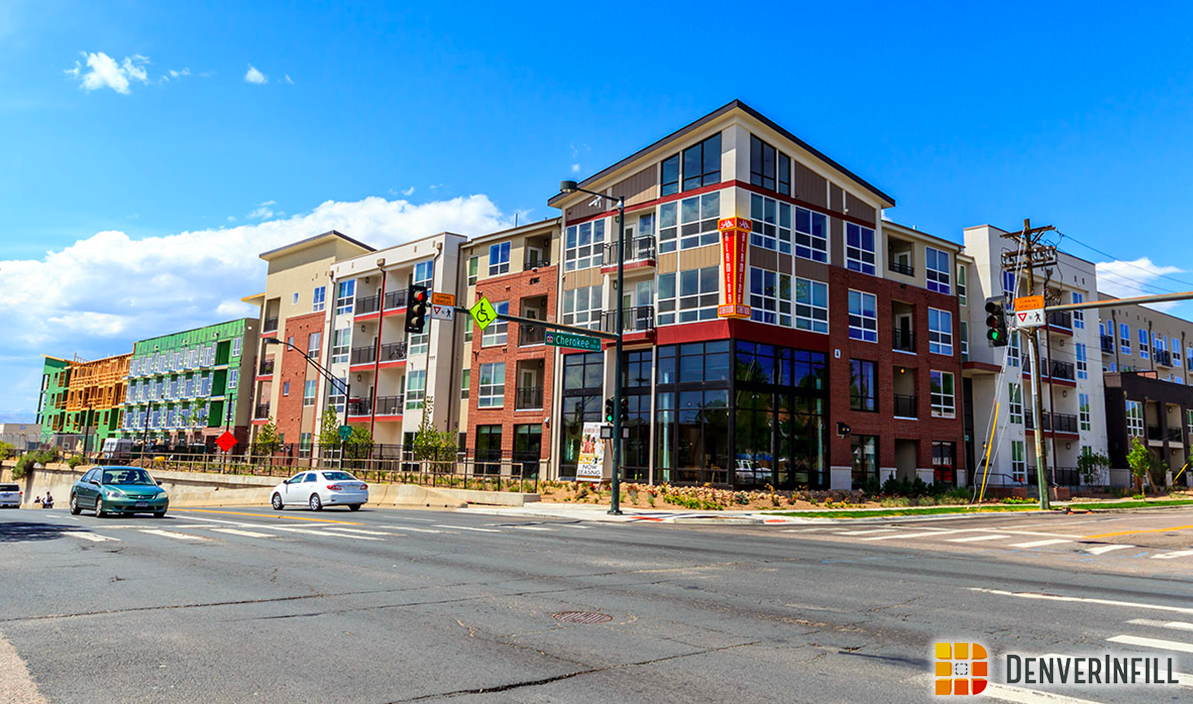Late last year, Strong Towns writer Charles Marohn asserted that suburban development "operates like a classic Ponzi scheme, with ever-increasing rates of growth necessary to sustain long-term liabilities."

The folks in the farthest-flung suburbs of Detroit can vouch for that. Following the collapse of the housing market, exurban communities throughout southeast Michigan are struggling under heavy debt taken on under the assumption that the housing market would expand in perpetuity, according to a recent Free Press article.
Places like Howell, Sylvan and Tyrone townships are having to dip into their general funds, lay off employees, reduce services, or ask voters for tax hikes. All because they borrowed money to build new infrastructure for housing that never materialized. Howell Township is now going back to voters -- who already rejected the proposal 4-to-1 -- to pay about $350 a year, each, in property taxes to repay the water and sewer loans.
The Free Press spoke with William Ketchum, a Howell Township resident, who lives on Henderson Road, where sewer lines were installed several years ago. "The entire area just went nuts for a while," Ketchum said of the building boom. "It seemed unrealistic that it would continue, but everybody kept jumping in. You had to believe there was an end in sight, but no one knew where that was."
Southeast Michigan's metropolitan planning organization, SEMCOG, has significantly revised housing growth projections for the region's exurban areas. Xuan Liu, manager of SEMCOG's data center, said, "There’s no way we [can] anticipate the kind of growth we were experiencing in the late 1990s and early 2000 when the auto industry was doing really well and everyone was moving into new housing."

Interestingly, one community has managed to avoid the fate of its neighbors. Since Macomb Township had an agreement requiring the developer to pay for the infrastructure, the community isn't experiencing a fiscal crisis.
Oakland County Treasurer Andy Meisner had this advice for local governments looking at agreements to use public funds to pay for infrastructure expansions serving private developments: "Let's be real careful when we approve these. It can become a long-term liability for the local government."





